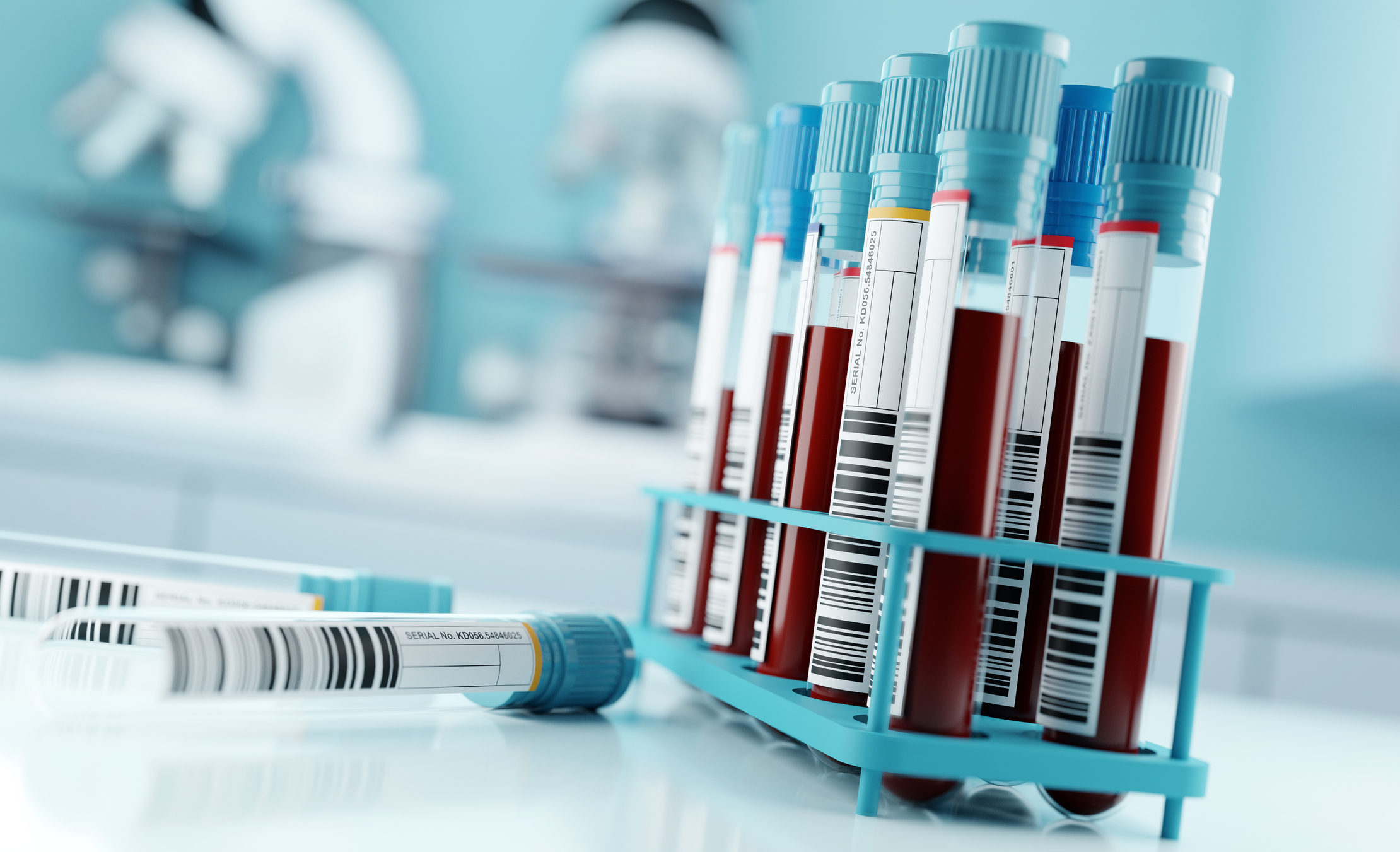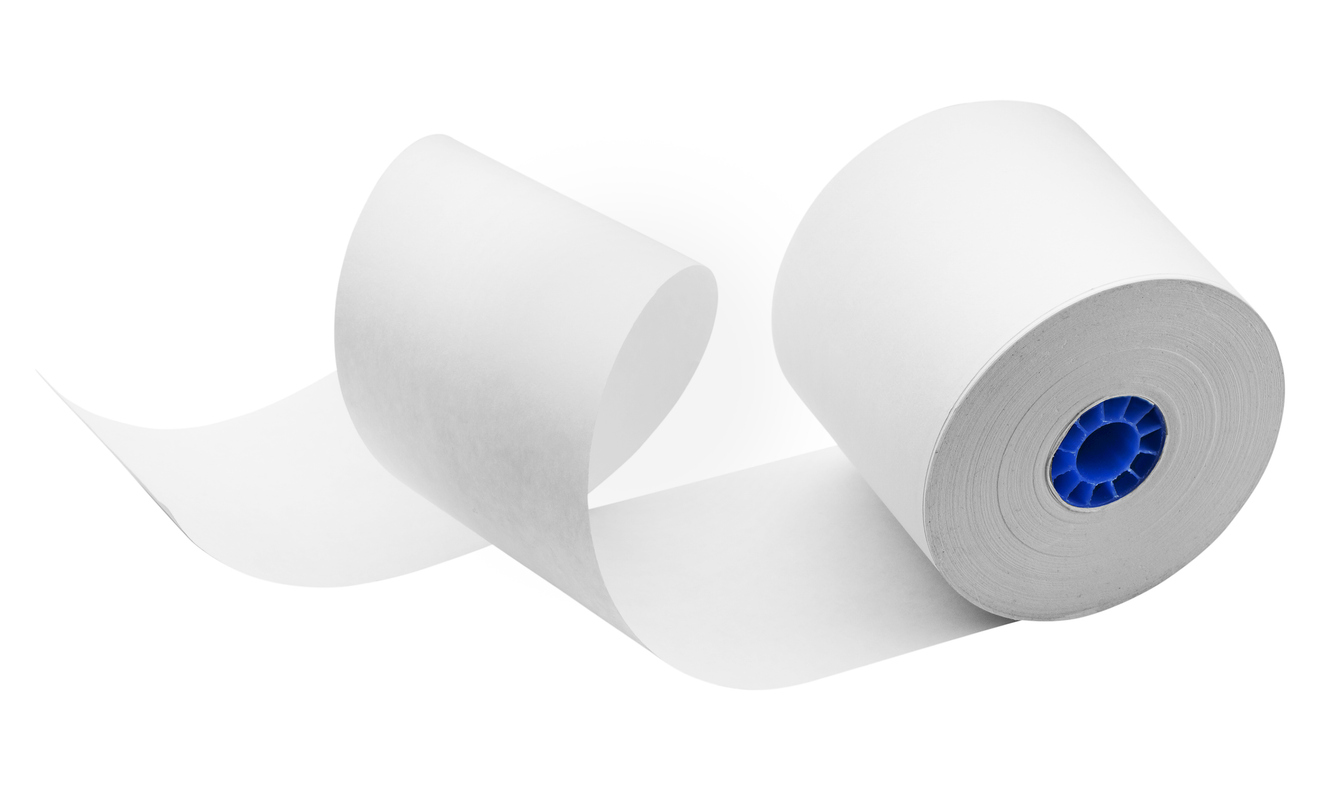How To Import Blood, Antisera, Vaccines, Toxins And Cultures Into Nigeria
How To Import Blood, Antisera, Vaccines, Toxins And Cultures Into Nigeria
The importation of blood, antisera, vaccines, toxins and cultures into Nigeria is regulated by the National Agency for Food and Drug Administration and Control (NAFDAC).
Samples are forwarded to NAFDAC for analysis.
There are three different routes for importing blood, antisera, vaccines, toxins and cultures into Nigeria:
-Personal Use Route
-Commercial Import Route
-Medical Import Route
See our tables below.
Importing Blood, Antisera, Vaccines, Toxins and Cultures Into Nigeria
Blood, antisera, vaccines, toxins and cultures are regulated by the National Agency for Food and Drug Administration and Control (NAFDAC) under three different categories:
-Personal Use Route
-Commercial Import Route
-Medical Import Route
See our tables below.
Personal Use Route
If you are importing blood, antisera, vaccines, toxins and cultures for your personal use only, you will need to apply for a permit and comply with NAFDAC’s requirements.
You need to:
– not import more than one unit of blood products at a time;
– notify the Ministry of Health, as well as NAFDAC;
– import blood products from those countries that have given Nigeria an “A” rating (meaning they meet the International Organization for Standardization (ISO) standards) or those who export such products to Nigeria;
– complete an application form and attach documentation such as a copy of your passport, address and phone number;
– provide information on how you plan to store the product;
– pay the requisite fee after submitting your application.
Commercial Import Route
The National Agency for Food and Drug Administration and Control (NAFDAC) is the Federal Government agency that has responsibility for regulating food, drugs, cosmetics, medical devices and related imports.
There are two types of commercial import routes:
-Import Route 1
-Import Route 2
Type of products – Products may be imported under Import Route 1 if they are not on the list of restricted products. They must have a shelf life of at least 1 year from date of manufacture or a shelf life of 18 months from date of first open/unpackaged use.
Products may be imported under Import Route 2 if they are on the list of restricted products. They must have a shelf life of at least 3 years from date of manufacture or a shelf life of 36 months from date of first open/unpackaged use.
Medical Import Route
Blood, antisera, vaccines, toxins and cultures for medical use may be imported into Nigeria by a person who is a registered medical practitioner with the Nigerian Medical Association.
The importer must present a permit from NAFDAC before any consignment can be imported.
Importations under this route are exempt from customs duties and import taxes.
NAFDAC will notify the relevant ministry if the goods are considered to be of public health importance.
NAFDAC Regulations for Importation of Blood, Antisera, Vaccines, Toxins and Cultures Into Nigeria
The importation of blood, antisera, vaccines, toxins and cultures into Nigeria is regulated by NAFDAC. Samples are forwarded to NAFDAC for analysis.
There are three different routes for importing blood, antisera, vaccines, toxins and cultures into Nigeria:
-Personal Use Route
-Commercial Import Route
-Medical Import Route
See our tables below.
Conclusion
NAFDAC has three routes for importing blood, antisera, vaccines, toxins and cultures into Nigeria.
The personal use route is for individuals who need medication to treat themselves or individuals who are not in the business of selling drugs.
The commercial importation route is for businesses that sell drugs.
The medical importation route includes individuals who are not in the business of selling drugs but will be using the drug for research purposes.








LEAVE A COMMENT
You must be logged in to post a comment.